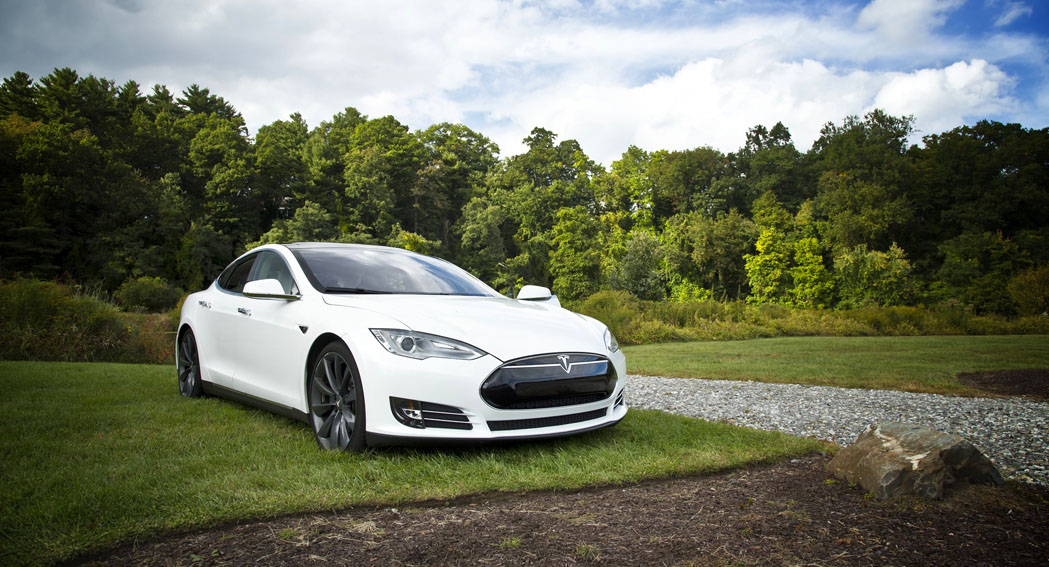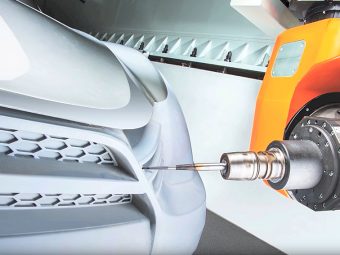Electric cars are becoming increasingly popular. 2018 saw registrations reach an all-time high, with 59,945 EVs registered that year. In December, electric cars gained a 3.8% split of the market share in the UK – a huge increase from 2016, when the market share was just 1.7%. With news of the government’s plans to ban all petrol and diesel vehicles by 2030, more and more people are turning towards emissions-free alternatives. Whilst the obvious benefit of electric cars is their zero emissions, should you opt for a new or a used EV if you’re in the market for one? Used vehicle retailer Motorparks take a closer look at the matter.
Improvements in EV technology
EV technology has improved considerably over the past few years. It’s thought that we are becoming a lot more trusting of a battery’s longevity than we previously were. Many of the reasons for going down this route are the same as buying new, including the positive impact these vehicles have on the environment compared to petrol and diesel cars. The main stumbling block for the quarter that balked at purchasing a second-hand EV was due to the price. Due to technological advancements, it is stated that their batteries will last between 10 and 20 years before needing to be replaced and can cover around 150,000 miles. Experts say that manufacturers have now proven themselves and this sector, giving prospective buyers more confidence in buying a used vehicle.
Key selling points
It doesn’t matter if you’re looking for a new car or a used one, electric vehicles offer a huge selling point in the fact that they produce zero emissions. Furthermore, EVs can be made to fit a range of different lifestyles and needs – you can even purchase an all-electric SUV, such as the Jaguar I-Pace.
New cars are still popular, and rightly so thanks to the constant updates in technology and safety measures, but with approximately 20% of a new car’s value is immediately lost when you drive it away, it’s led to almost three used cars being sold to every new vehicle in the UK.
What else is there to buying a used car, except for the lower price? Nowadays, factory warranties are even longer than before, meaning that the appeal of buying a used car can be enhanced by their longevity..
Almost all of the tech gadgets that a new car offers will likely also be found in a used car – and you’ll get them at a fraction of the original price. The ease of buying a used car is simple. It can be paid for and taken in no time. This certainly isn’t the case when it comes to new cars, with your car needing to be specifically ordered and, depending on your choice of extras, this could take several months. With a used car there is no waiting period. Simply pay your money and drive on by. The higher price of buying new doesn’t just come with the purchase, but with insurance too. This is because there is obviously a lot more equity at risk if you’re involved in a crash. Therefore, you may find that you don’t have to fork out as much on your policy if you choose a used car.
Market performance
In 2018, the market share for used cars dropped by around 3%. However, one riser in the industry was the sales of hybrid, plug-in hybrid and battery-electric cars. This market share recorded a rise of 27%. SMMT Chief Executive, Mike Hawes, said of the development:
“It’s encouraging to see more used car buyers snapping up low-emission vehicles as supply grows – but those sales remain low as an overall proportion of the market. We still need the right policies and incentives from the government to give new car buyers confidence to choose the cleanest petrol, diesel and electric models that best suit their needs, so that even more drivers can benefit from this exciting technology as it filters down to the used market in the coming years.”








